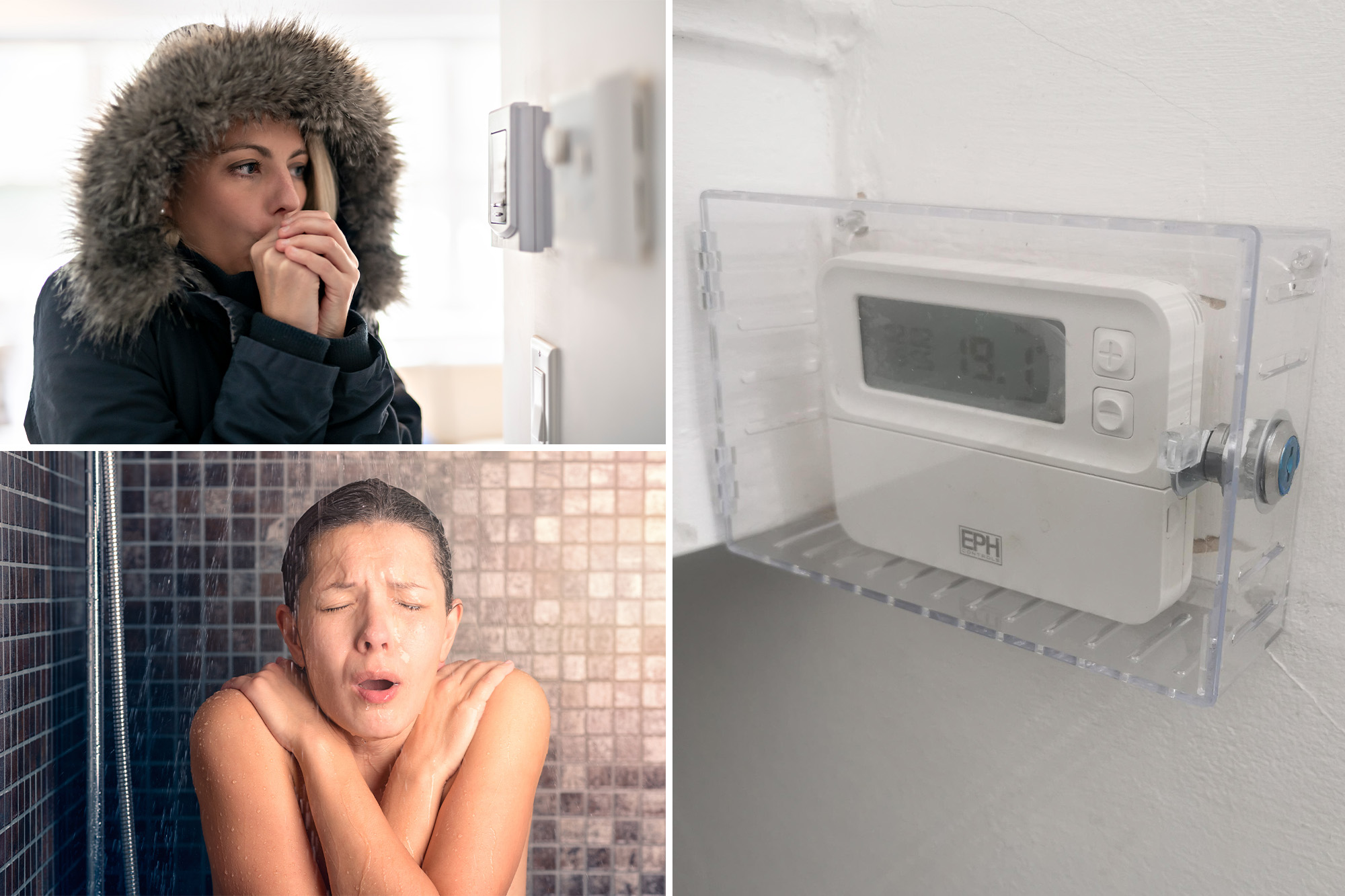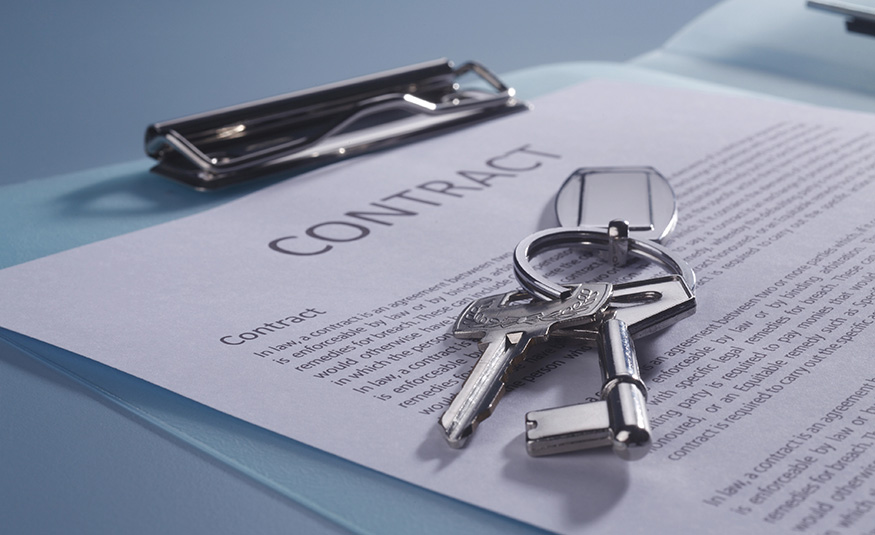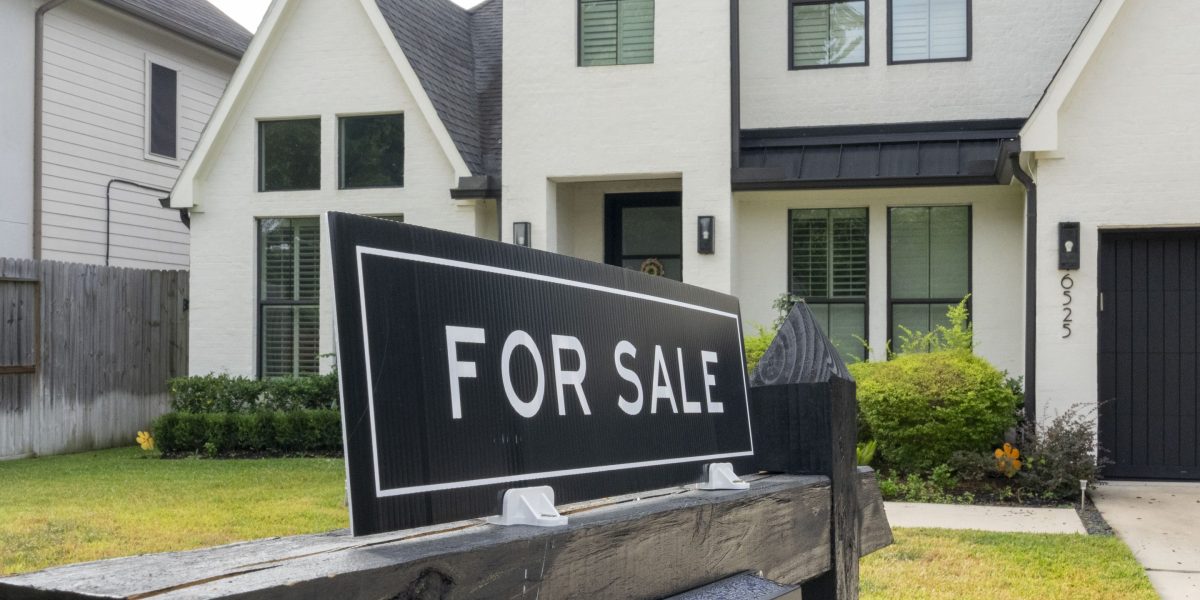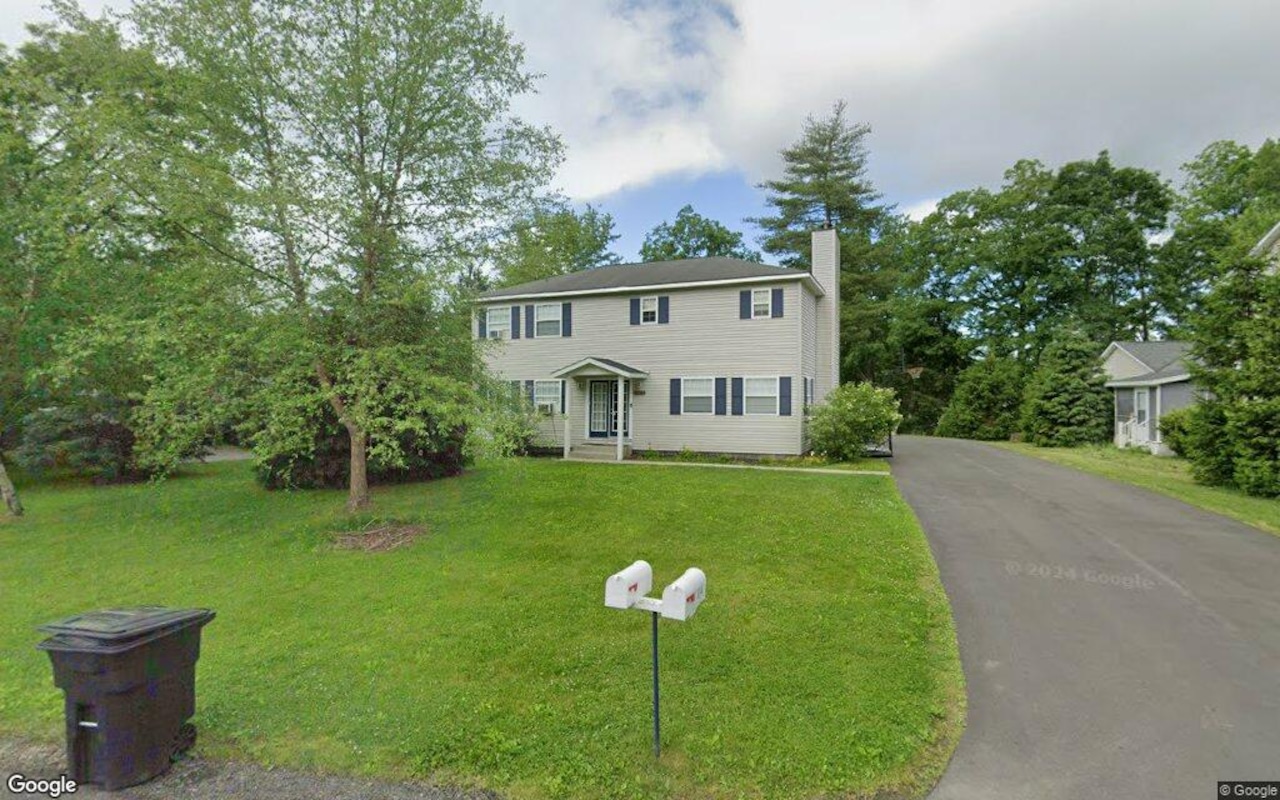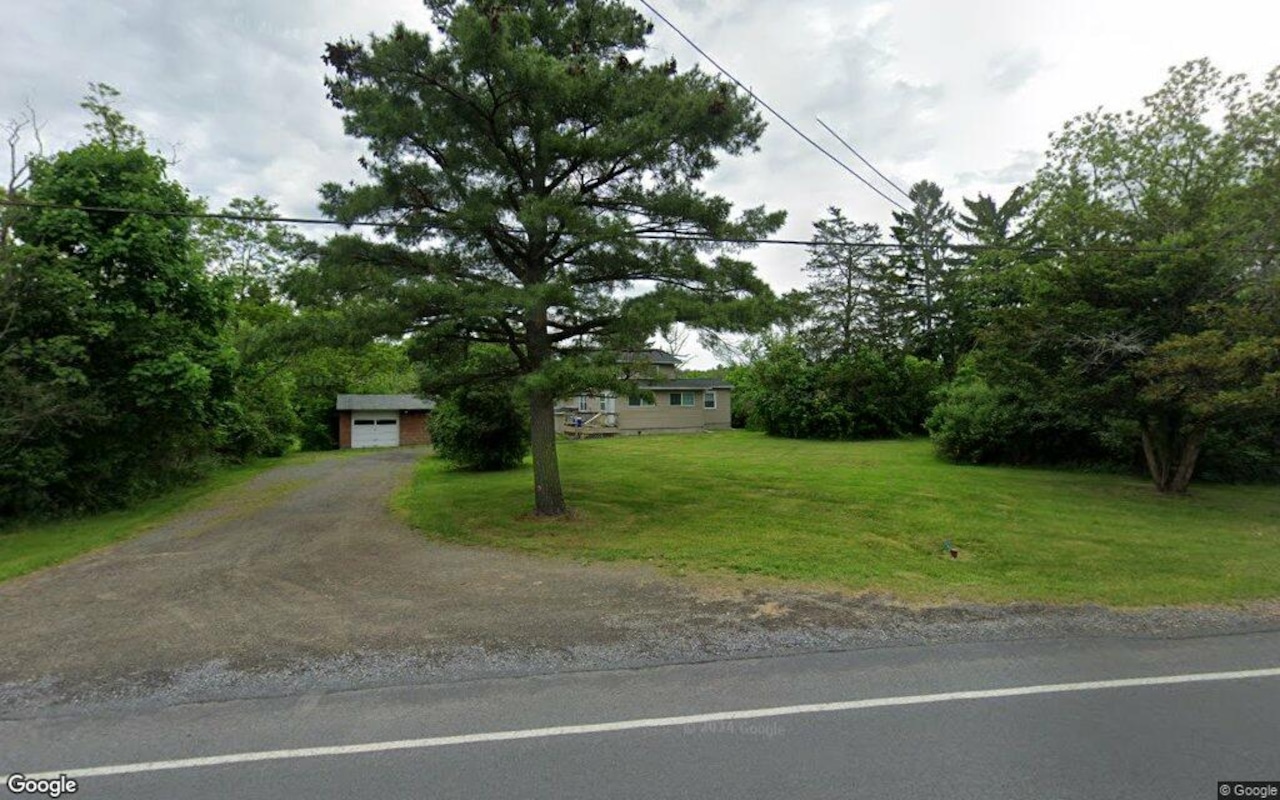A
photo of a locked thermostat sparked outrage on Reddit, leaving many to wonder: can landlords really do this? The answer lies in the fine print of rental agreements and local laws. While landlords hold significant power over their properties, there are limits to what they can control.
In the United States, the legality of locking a tenant's thermostat varies by location. However, experts agree that landlords have a duty to provide essential services like heat and hot water. This is rooted in the concept of habitability, which requires rental properties to meet basic health and safety standards.
The Reddit post, shared by user Nebualaxy, showed a transparent lockbox sealing the thermostat, preventing the tenant from adjusting the temperature. The landlord claimed it was done to prevent boiler pressure loss, but the tenant reported frequent heating and hot water outages. This scenario is illegal in the UK under the Landlord and Tenant Act 1985.
In the US, local building codes and state statutes often mandate that rental properties meet basic health and safety standards. Failure to comply can lead to legal liability and tenant claims for breach of habitability. Attorney Chad D. Cummings advises tenants to document instances of inadequate heating and hot water, notify their landlord in writing, and request prompt corrective action.
If the problem persists, tenants may want to contact local code enforcement or consult with an attorney experienced in landlord-tenant law. Other unlawful actions landlords might take include refusing repairs, invasion of privacy, and raising rent without due process.
Tenants can report illegal landlord actions to local housing authorities, building code enforcement agencies, or consumer protection offices. However, reporting procedures and regulatory frameworks vary by state. If a lawsuit becomes necessary, tenants should compile relevant documentation and consult with an attorney specializing in landlord-tenant law.
Retaliatory actions against tenants who exercise their legal rights are often prohibited by state law. Tenants who experience retaliation should document incidents and seek legal advice. Remember, renters have rights, and they shouldn't be afraid to fight for them and protect them.
